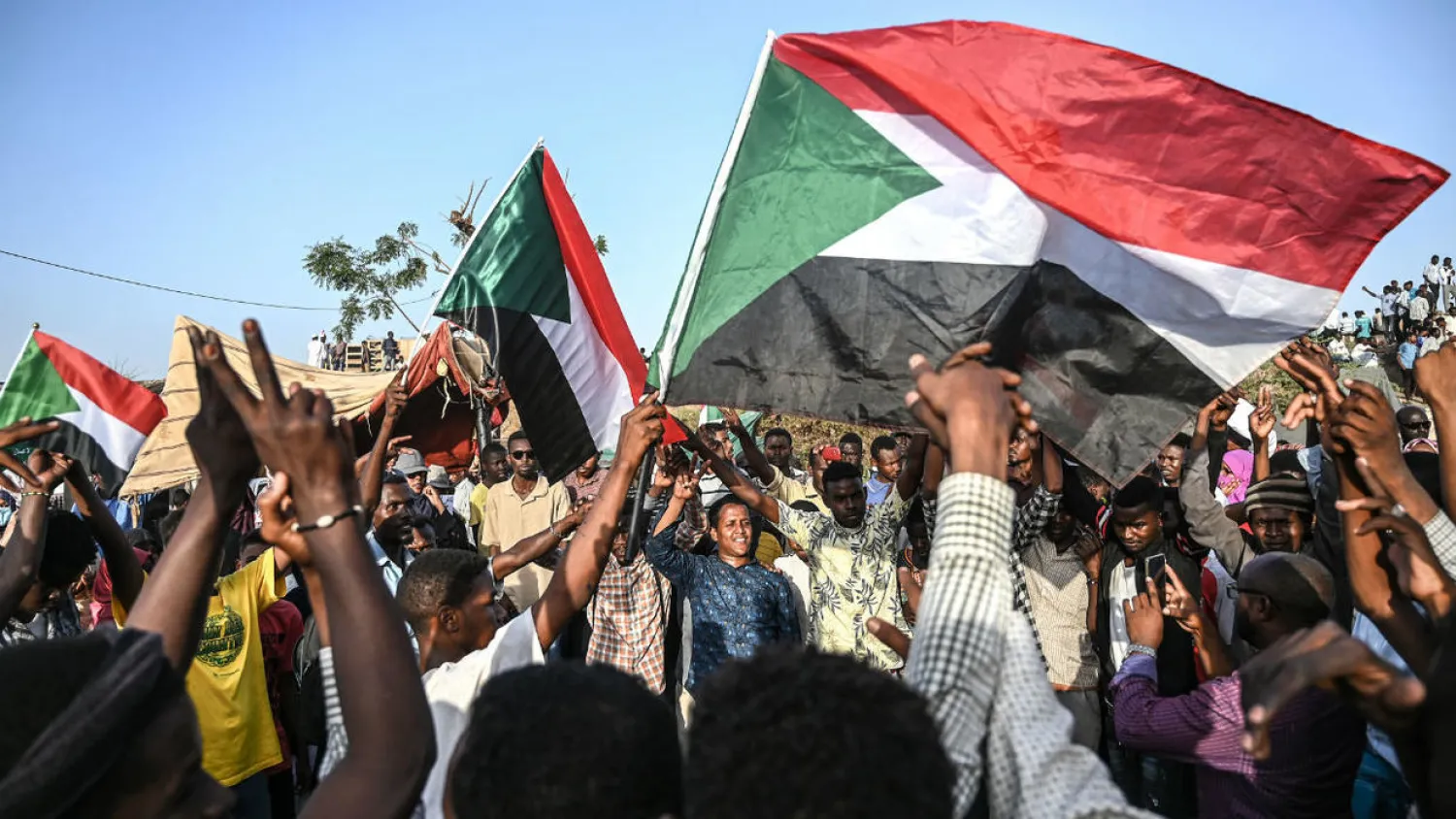Head of Sudan's Sovereign Council, Lt. Gen. Abdel Fattah Burhan is optimistic about the current negotiations in Juba, indicating that he believes they can achieve comprehensive peace in the country.
Burhan said the government will hold consultations with the United Nations and the African Union (AU) to choose mechanisms for monitoring the ceasefire, and technical and logistical support.
During his meeting with a UN delegation visiting Khartoum, he lauded the UN's partnership with Sudan on peace issues and economic challenges facing the country, noting that all displaced citizens will return to their areas, which requires the provision of basic services such as education, health, and infrastructure.
United Nations-African Union Mission in Darfur (UNAMID) spokesman Ashraf Eissa said the delegation sought to discuss UN’s contribution to supporting the peace process and a number of issues related to the transitional period.
Eissa relayed a message from the Secretary-General of the United Nations, Antonio Guterres, confirming that the institutions of the transitional period are the main authority in defining UN's cooperation and work in Sudan at the current stage.
Meanwhile, members of the Sovereign Council and the government delegation to the negotiations, Yasser al-Atta and Mohammad Alfaki Suleiman, returned to Khartoum after their participation in the current round in Juba.
Alfaki stated that they returned to Sudan to conduct further consultations, report on the developments regarding the negotiations and participate in the meeting of the Supreme Peace Council.
In a related context, the Sudanese Prime Minister, Abdalla Hamdok, said that one of the transitional government’s main priorities is to achieve peace and stability in the country.
Hamadok met Sunday with the delegation of the Justice and Equality Movement (JEM) headed by the movement's Deputy Secretary General, Adam Issa Ibrahim Hasbo.
Ibrahim Hasbo revealed the meeting tackled the issues of prisoners and displaced persons, as well as arrangements with concerned authorities for the Movement's visits to various states of the country.
He affirmed the armed movements' support for the existing transitional authorities because they represent the will of the “December Revolution”.
Meanwhile, head of the National Umma Party, Sadiq al-Mahdi, stressed the need for an alliance between civilians and the military to stabilize the country, calling for an agreement on a new structure of the armed forces.
Speaking at a forum held by his party in Khartoum, al-Mahdi announced that Sudan must sign the Rome Statute of the International Criminal Court before extraditing wanted persons.
The Umma Party has repeatedly demanded the extradition of ousted President Omar al-Bashir, wanted by the International Criminal Court for war crimes, genocide, and crimes against humanity.
Al-Mahdi warned against chaos in the country, noting that the international community should realize the importance of achieving stability in Sudan.









